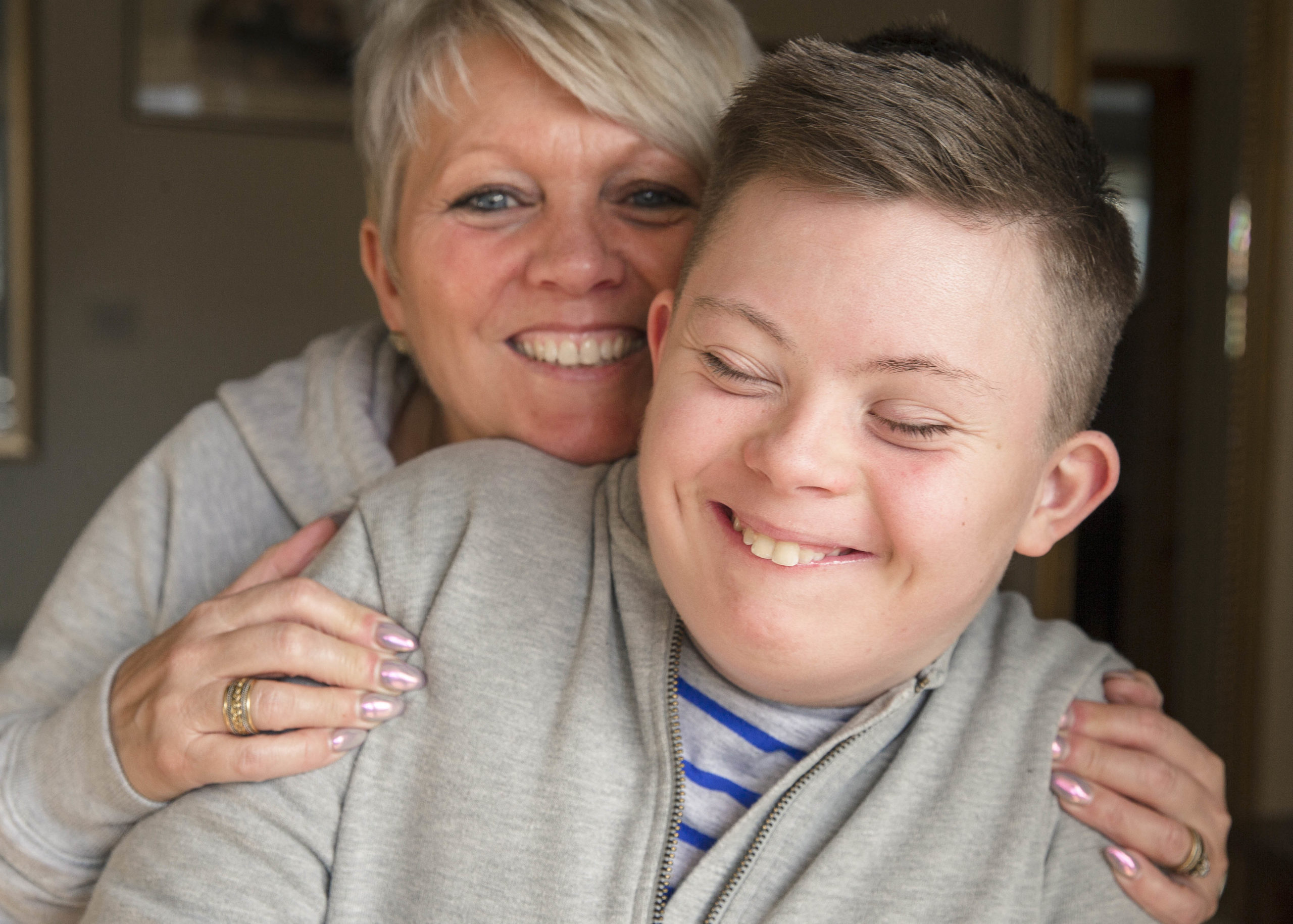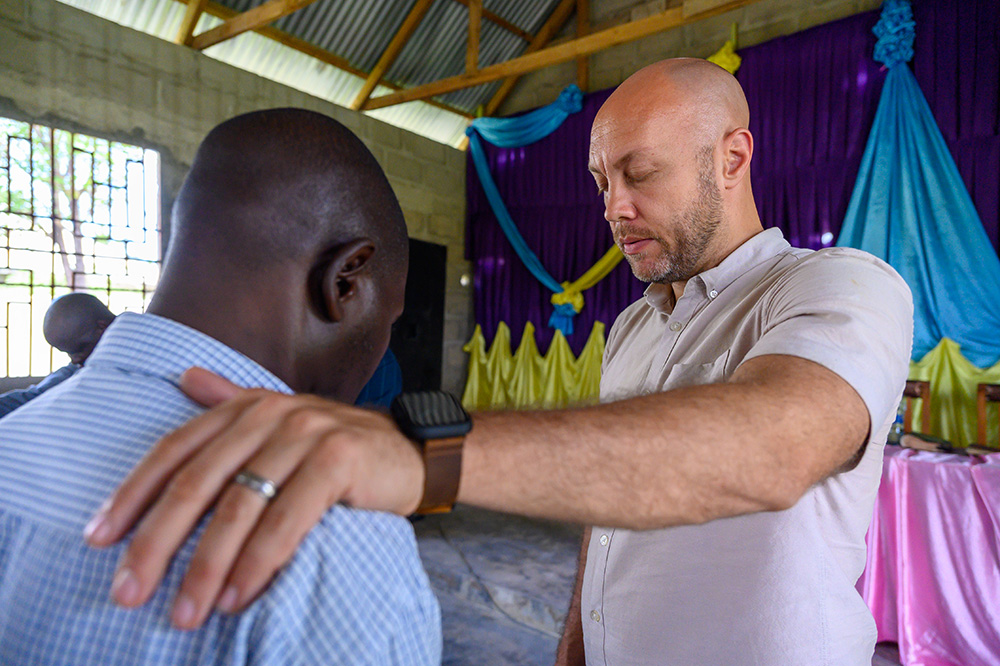Renata and Tadeas were faithful attendees of Steve and Cari Wendel’s church in the Czech Republic. The mother-and-son pair had a unique story that would become a life-saving testimony for another family caught in the same predicament.
When Renata discovered that she would give birth to a baby with Down Syndrome, she refused her doctor’s advice to abort.
“In the Czech Republic, you just don’t see [people who are] developmentally handicapped in public,” Steve said. “Any baby with Down Syndrome, or one of various other health conditions, is by default aborted. Those that are born are hidden away in state-run institutions at an early age.”
As a result of her refusal, Renata’s husband left her.
Soon after Tadeas was born, Renata closed her reputable psychology practice and began working at a resource center for special needs children. This kept her from having to institutionalize Tadeas—she could be with him throughout the day instead.
“Tadeas is now a young man who brings great joy and enthusiasm to our worship services,” Steve said. When he isn’t joining the worship team playing his cajon, he is enthusiastically singing and smiling and moving to the music. And Steve said it is always a blessing to see the young man eagerly approaching to receive Steve’s cheerful greeting and fist bump.
One day, a young couple approached Renata at her tram stop and told her, “You don’t know us, but we just wanted to tell you thank you.”
The couple recounted how they had been pregnant with a child who the prenatal tests determined would be born with Down Syndrome. The doctor encouraged them to schedule an abortion as soon as possible. They were devastated by the news.
On the way home from their appointment, they noticed Renata and Tadeas with them on the tram. In fact, they had ridden the tram with Renata and Tadeas frequently on their commute, and they noted how joyful and happy Tadeas seemed, as well as the special relationship that he and his mother shared.
“After seeing you and your son, and how happy you seemed, we decided that we could do that, too,” they told Renata.
Editor’s Note: This article was originally published on July 22, 2019.
If you’d like to partner with our crisis pregnancy centers, consider donating to the Global Pregnancy Resources.






